
Uncovering our Baptist history
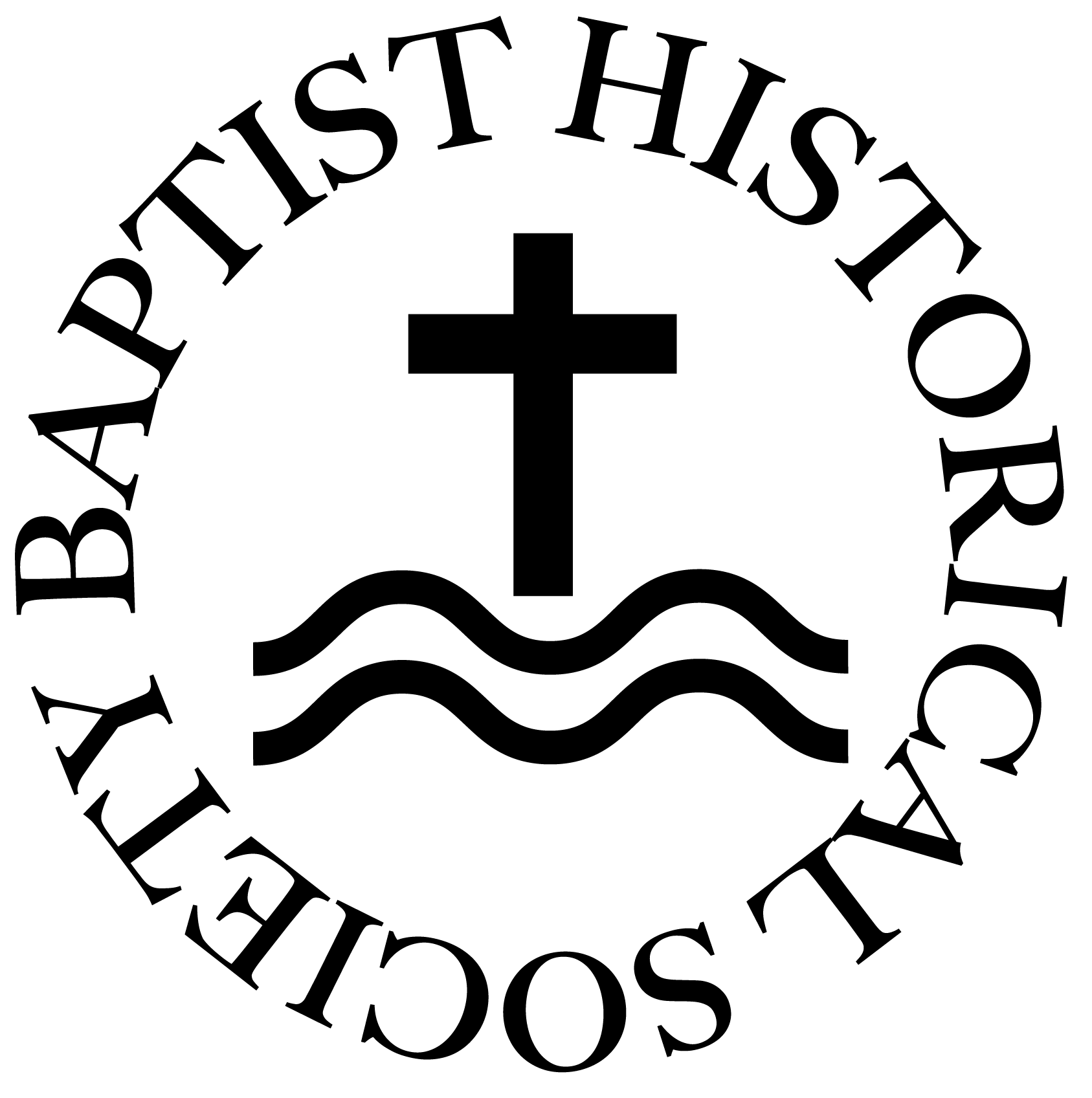 The Baptist Historical Society helps British Baptists understand their heritage and history. In autumn 2020 it held a collection of zoom webinars, each exploring a different aspect of our identity. Each session began with a short address from a historian, and included responses and discussion as to how the theme relates to Baptists today.
The Baptist Historical Society helps British Baptists understand their heritage and history. In autumn 2020 it held a collection of zoom webinars, each exploring a different aspect of our identity. Each session began with a short address from a historian, and included responses and discussion as to how the theme relates to Baptists today.
1 A story of dissent
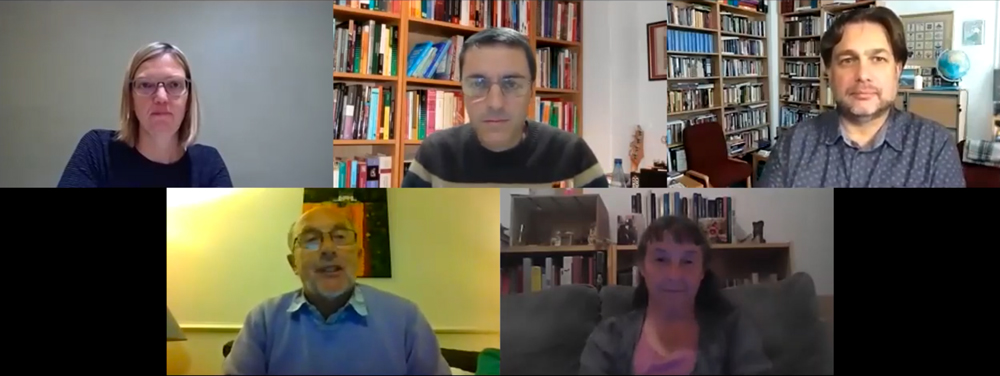
Baptist origins in this country are rooted in disagreeing with people, explained Ruth Gouldbourne, minister at Grove Lane Baptist Church in Cheadle Hulme, in introducing the opening webinar. Baptists became Baptists first by dissenting from the national church; and then from other separatists over issues to do with the nature of the congregation and nature of baptism.
Now that we are no longer marginalised in the same way, what does it mean to be a dissenter now? Dissent can be seen as a negative position: disagreeing and withdrawing because we can no longer be in fellowship. There are times when our story has been exactly that.
But dissenting as an act of liberty, of refusal to acknowledge any authority than that of Christ as absolute, and so offering the same freedom of conscience for others, is the positive story of dissent that has shaped us, and that we as Baptists have offered at our best.
2 A story of fellowship and connection
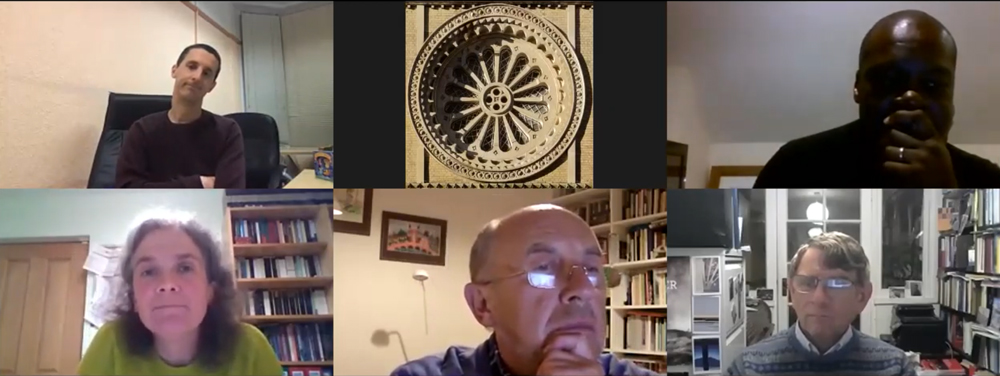
This webinar, introduced by Baptist Historical Society secretary and regional minister Stephen Copson, explored how Baptists have organised themselves over four centuries to collaborate. They have done so for several reasons: for mutual support; to explore and learn from each other; to seek advice
and to weigh disputes. They have joined together under Christ the head, and as such have sought to extend care and concern for others. Association has been nurtured by placing trust in representatives.
Stephen spoke of this kind of collaboration in terms of being an ‘ecclesial body’: one where churches commit to working together and to listen to each other, and where they recognise there is a ‘community of difference’. He explained that commitment in union is to take the risk of listening for God by making room for different insights. Baptist Associations and Unions should be a vehicle for this to be expressed, he continued: they bring together breadth of experience, and ‘the expectations of congregations that differ in style, leadership and outlook’.
3 A story of communal discernment
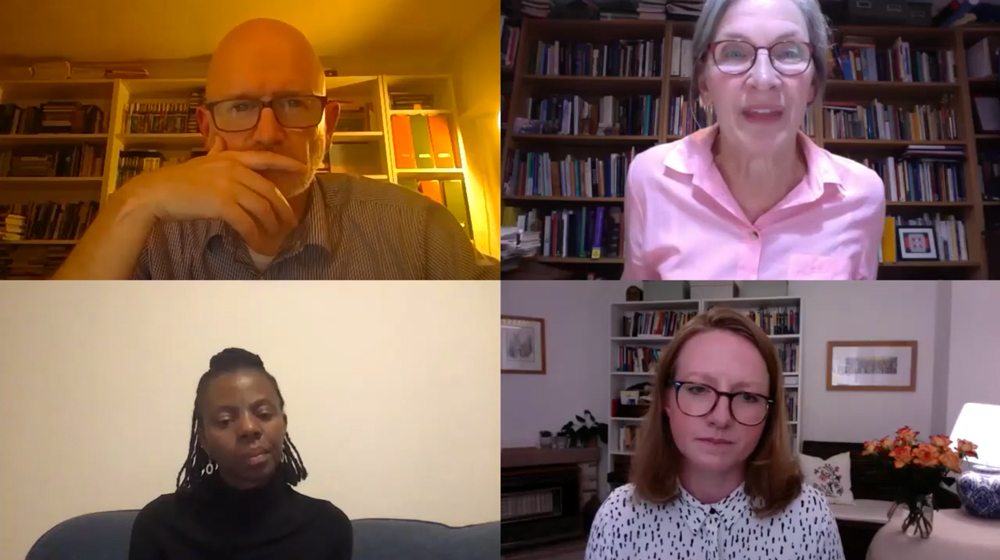
The third webinar was led by Baptist Quarterly co-editor Karen Smith and explored how Baptists discern the way of Christ together as a local church, and in wider networks. Doing so rests on important theological themes: the emphasis on freedom of conscience; and the importance
of sharing together with other believers.
Church meetings are a way of discerning the mind of Christ – they’re not a democracy, nor seek a majority. They’re an obvious expression of communion in Christ – hence they include all members, with everyone free to share their views. There’s an understanding that the Spirit moves among the whole body of believers.
One of the challenges modern churches face is the pressure to organise the church around a business model. While it is recognised that legal responsibilities remain with trustees, this should never outweigh the covenantal and spiritual importance of ministry – and collectively seeking the mind of Christ.
4 Theology that leads to mission
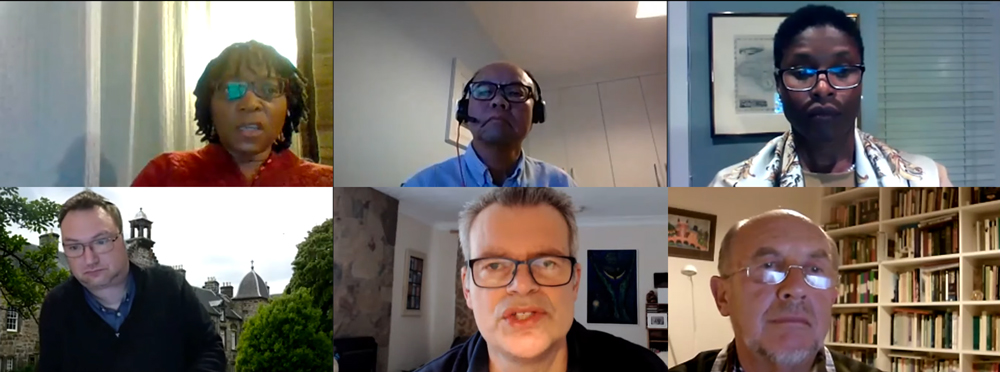
The final webinar had a theme of mission, and the good (and bad) theology that underpins it. Peter Morden of South Parade Baptist Church, Leeds, explained how Particular Baptists in the 18th century had moved from a theology which pushed human responsibility to one side (High Calvanism) to one inherently more evangelical. The move was led by the likes of Andrew Fuller, William Carey and Hannah Marshman and based on their reading of the scriptures. The examples of Jesus and the apostles pointed to outward looking, evangelistic preaching and effort, as well as social action. The key fruit was the formation of the Baptist Missionary Society in 1792, but there was significant growth at home, too.
The foundational point is that theology matters – a bad theology leads to no mission; a biblical renewal of theology leads to vigorous mission. We need to look at the theology that underpins our approach.
Click here to find all the webinars.
Click here to
download a pdf version of this article.
Photo: Nathan Dumlao | unsplash.com